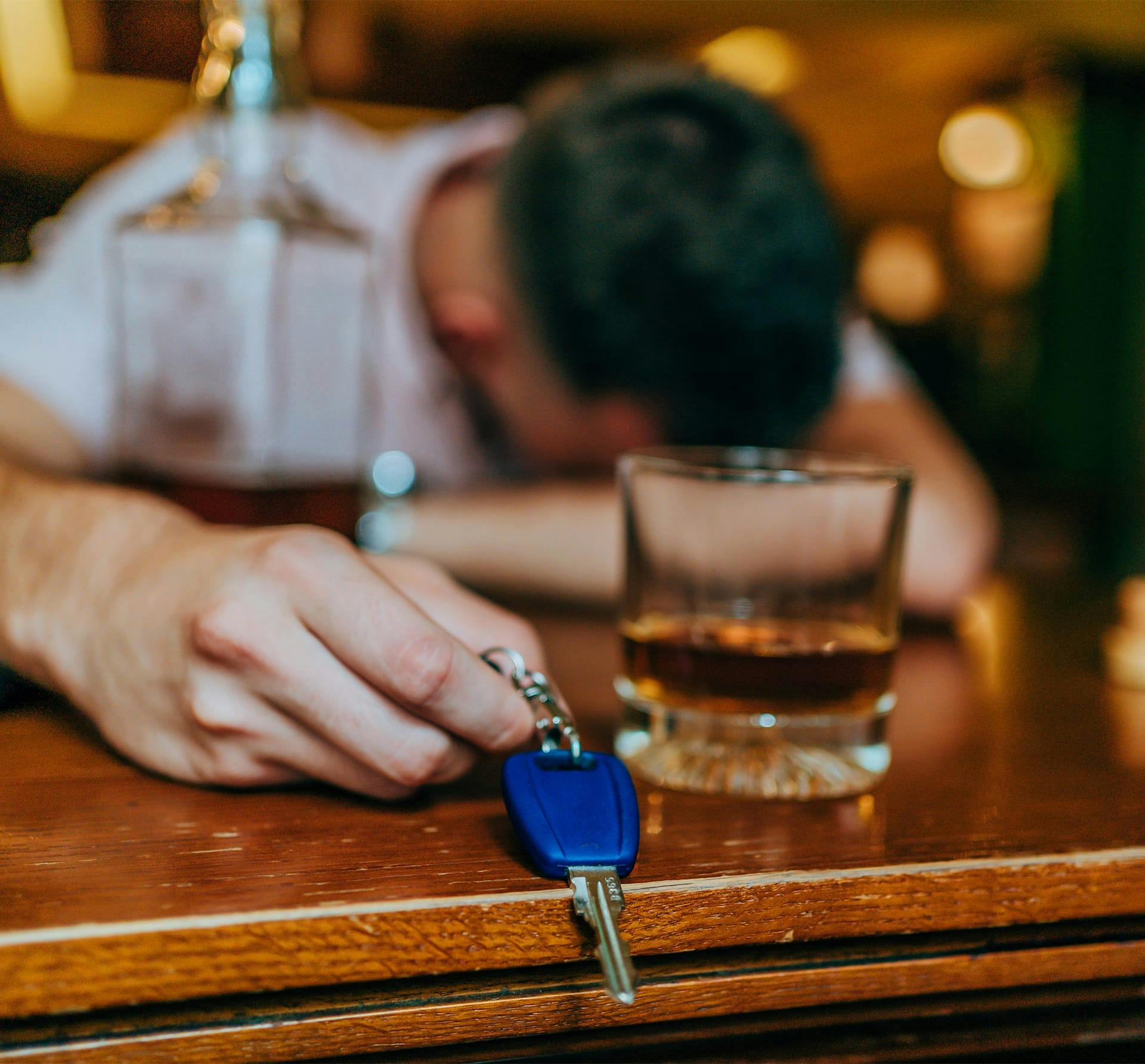If you or a loved one has been hurt by an intoxicated driver, a drunk driving accident lawyer in Little Rock from McMath Woods can help you with your claim.
Drunk Driving in Arkansas
According to the Centers for Disease Control and Prevention (CDC), drunk drivers are involved in 30% of traffic deaths. However, measures are being taken to help prevent drunk driving accidents, such as sobriety checkpoints. Police can stop people to quickly determine if a driver is impaired. If they suspect the person is intoxicated, they can issue a breathalyzer test. Drunk driving, however, is still a major issue in Arkansas and the rest of the country.
The CDC reported on the effects of alcohol on traffic deaths in Arkansas. The data is from 2003-2012. The following facts were found:
- 1,769 people were killed because of drunk driving between those years.
- Arkansas saw higher death rates for nearly all age groups in 2012 when compared to the national average.
- For the rate of death by drunk driving for all ages, Arkansas’ rate was 5.1, and the national average was 3.3.
- 0 percent of people in Arkansas admitted to driving after drinking too much. The national average of people who admit to driving drunk was 1.9 percent.
Drunk driving laws state a person cannot drive with a blood alcohol concentration (BAC) of 0.08 percent or higher. After that point, a person is completely unfit to drive. The National Highway Traffic Safety Administration (NHTSA) points out that drunk drivers have issues with coordination, concentration, and reaction time. These behaviors translate to dangerous driving, like failing to control speed, staying in one lane, or even driving on the road.
It’s also worth noting that any amount of alcohol in your system can affect your driving, even if it’s below the legal limit. There may be some decline in coordination and multitasking. If you’re unsure about driving, you can always get a ride to ensure safety.



